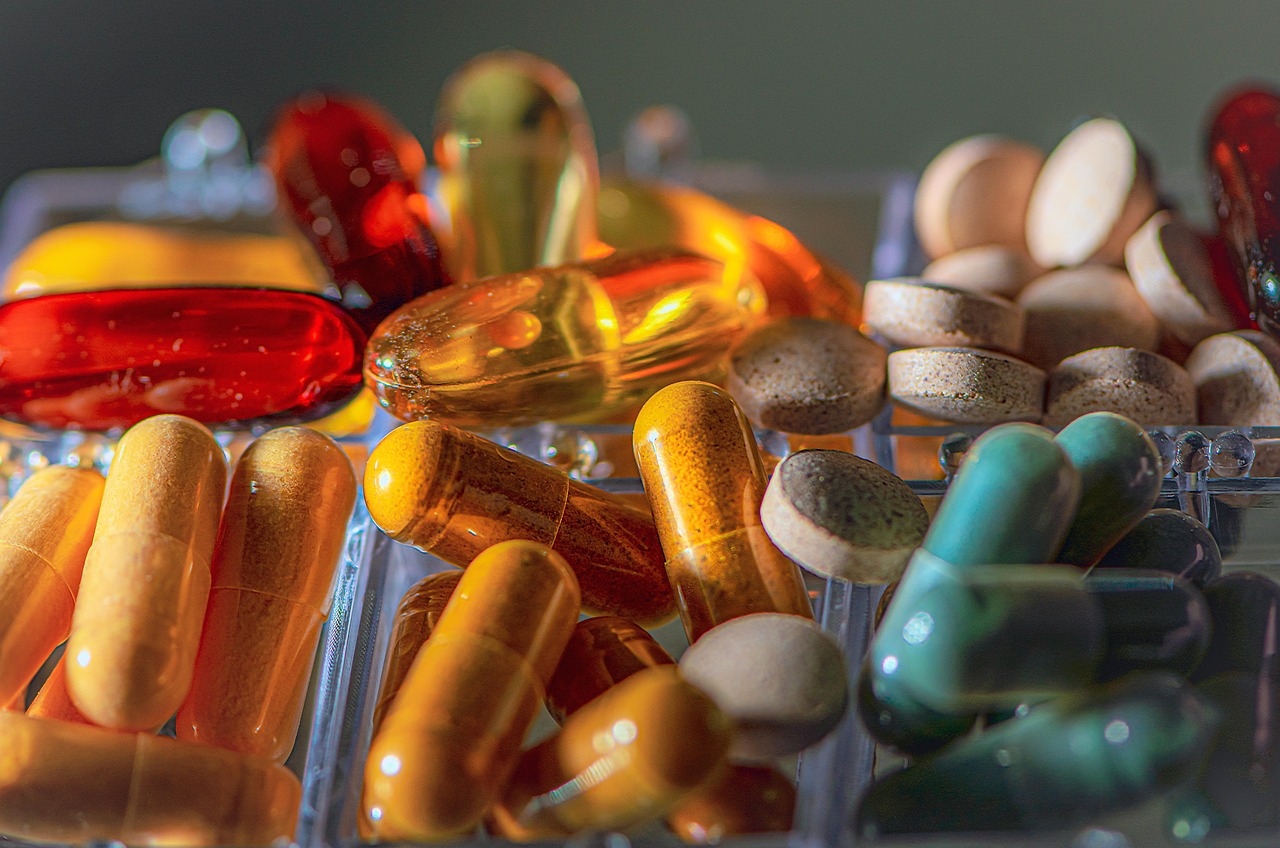Understanding Healthy Testosterone Levels
Testosterone, the principal male sex hormone, plays a pivotal role in various bodily functions, including muscle mass, bone density, and sex drive. However, as age progresses, men can experience a decline in testosterone levels, leading to several health concerns. In this blog post, we’ll explore the importance of maintaining healthy testosterone levels, the factors that can influence it, and practical steps to ensure your testosterone remains at an optimal level for overall health.
What is Testosterone?
Testosterone is primarily produced in the testicles for men and in smaller amounts in the ovaries and adrenal glands for women. This hormone is crucial not just for reproductive health but also for physical and mental well-being.
The Role of Testosterone in the Body
- Muscle Mass and Strength: Testosterone helps in increasing muscle mass by promoting protein synthesis.
- Bone Density: Adequate levels of testosterone are linked to higher bone density and reduced risk of osteoporosis.
- Mood Regulation: Testosterone influences mood and cognitive function, helping to prevent depression and anxiety.
- Fat Distribution: It plays a role in body fat distribution, enhancing metabolic functions.
Signs of Low Testosterone
Recognizing the signs of low testosterone is crucial for timely intervention. Here are some common symptoms:
- Reduced libido or sexual dysfunction
- Fatigue and low energy levels
- Increased body fat, particularly around the abdomen
- Loss of muscle mass and strength
- Depression or mood swings
If you notice any of these changes, consulting a healthcare professional is advisable for proper evaluation and diagnosis.
Factors Affecting Testosterone Levels
Several lifestyle factors can significantly affect testosterone levels. Understanding these can help you make informed choices.
1. Diet
A balanced diet rich in essential nutrients is vital for hormone production. Certain food groups can either boost or hinder testosterone levels:
- Foods That Boost Testosterone:
- Lean meats and fish
- Eggs (rich in protein and cholesterol)
- Nuts and seeds (especially almonds and pumpkin seeds)
- Leafy greens (like spinach and kale)
- Cruciferous vegetables (such as broccoli and cauliflower)
- Foods to Avoid:
- Processed foods high in sugars and trans fats
- Excessive amounts of soy products
- Alcohol (in moderation is advisable)
2. Exercise
Regular physical activity is one of the most effective ways to support testosterone levels. Here’s how different types of exercise contribute:
- Resistance Training: Engaging in weight lifting is proven to increase testosterone levels.
- High-Intensity Interval Training (HIIT): Short bursts of intense workouts effectively stimulate hormone production.
- Aerobic Exercise: While helpful for overall health, excessive cardio can sometimes lead to decreased testosterone if not balanced with strength training.
3. Stress and Sleep
Both stress and poor sleep can detrimentally affect hormone balance:
- Managing Stress: High levels of cortisol, the stress hormone, can suppress testosterone. Consider practices such as:
- Meditation and mindfulness
- Yoga and deep breathing exercises
- Leisure activities and hobbies
- Importance of Sleep: Aim for 7-9 hours of quality sleep per night to help regulate testosterone levels.
Natural Ways to Boost Testosterone
Here are practical strategies to help enhance your testosterone levels naturally:
- Maintain a Healthy Weight: Obesity is detrimental to testosterone production. Aim for a balanced diet and regular exercise.
- Stay Hydrated: Dehydration can affect physical performance and hormone levels, so drink enough water daily.
- Consider Supplements: Natural supplements like zinc, vitamin D, and ashwagandha have shown promise in promoting testosterone.
Conclusion
Maintaining healthy testosterone levels is essential for overall health and well-being. By understanding what testosterone is, recognizing the signs of low levels, and implementing lifestyle changes—such as adopting a balanced diet, exercising regularly, managing stress, and ensuring quality sleep—you can promote optimal hormonal health. Regular check-ups with your healthcare provider can also assist in monitoring and addressing any concerns related to testosterone. Remember, a proactive approach leads to a healthier, more vibrant life.



